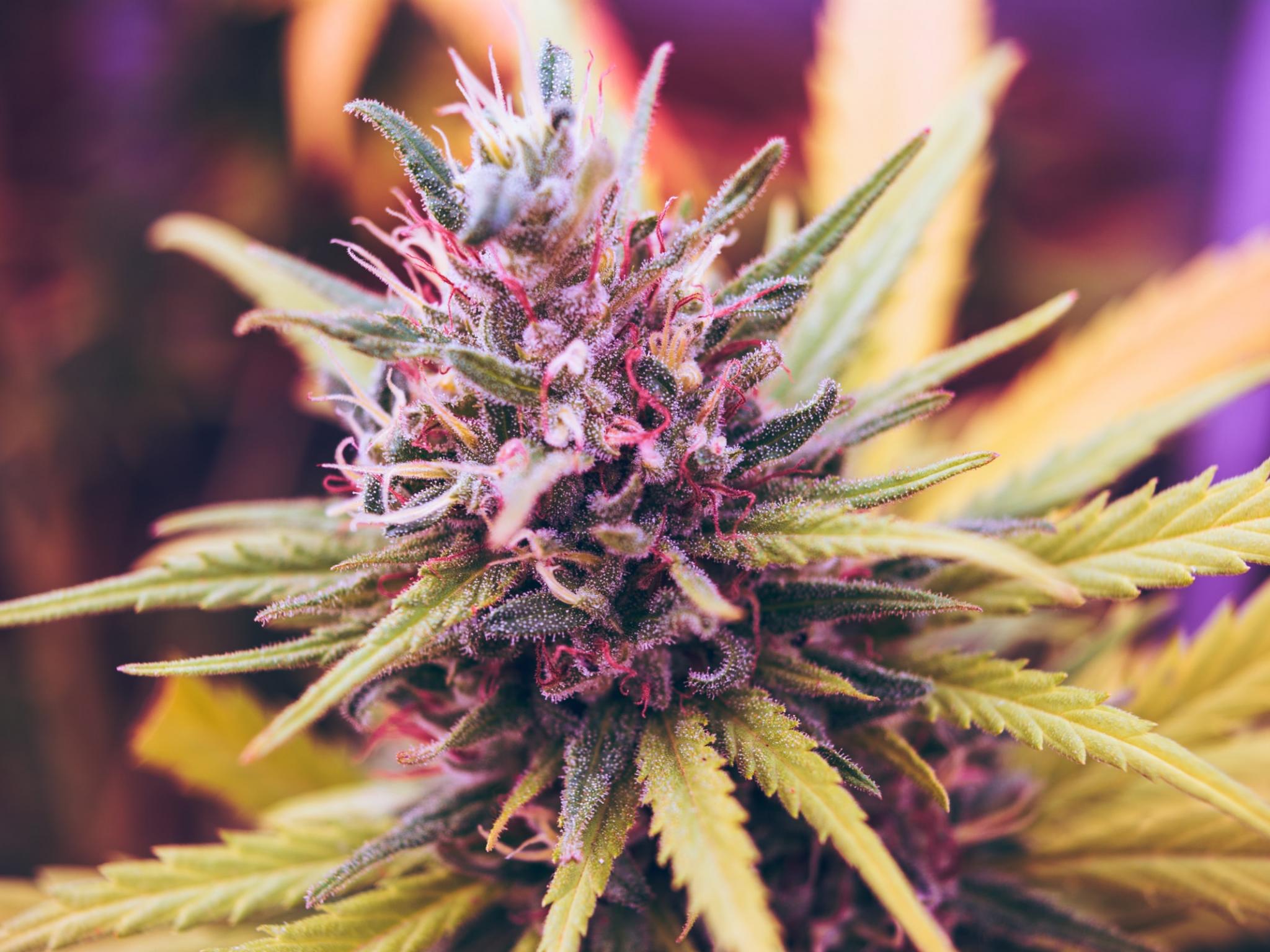
Connecticut Greenlights New Medical Marijuana Testing Regulation
Connecticut lawmakers approved a set of new medical marijuana testing regulations Tuesday, which were proposed earlier this year, reported Cannabis Business Times. Under the new rules, the limit on levels of mold and yeast would be set to 100,000 colony forming units per gram, and zero traceable levels of Aspergillus - a breed of mold known to cause lung infections.
The changes followed the demand from AltaSci Labs last year to increase its limits to 1 million colony forming units per gram, compared to the previous limit of 10,000 units per gram. Patients complained of wanting to maintain the 10,000 units per gram limit. The other medical cannabis lab in the state, Northeast Laboratories kept that limit.
This means, that one lab will be able to raise the limit, while the other has to lower it.
Some industry experts are concerned with the new rules.
Mike Esposito, a scientist at Massachusetts-based MCR Labs, told the CT Mirror that newly-approved regulations could allow harmful substances to enter medical marijuana products, and potentially cause lung damage not only to consumers but also to employees who cultivate and produce the products.
A patient advocate, Lou Rinaldi stressed another problem – some patients have mold allergies.
Lawmakers responded that they may tackle some of the issues in the next legislative session.
California Cannabis Business Oppose New Warning Label Requirements As Tax Credit Bill Passes Senate
Label Requirements
California seems to be making things even harder for its cannabis businesses. In addition to retail troubles and high taxes, industry operators have Senate Bill 1097 to make things worse.
The California Cannabis Industry Association (CCIA) issued a call to action on Wednesday, stating its “strong opposition” to the Cannabis Right to Know Act, reported Cannabis Business Times.
The bill aims to establish a new warning label requirement on all marijuana products starting January 2025. The label would need to cover “1/3 of the front or principal face of a product … in the largest type possible for the area.” The state would provide several warnings to be rotated among batches of products.
According to the CCIA’s call to action, “The bill would add duplicative labeling requirements to cannabis products that will do very little to protect public health or undercut the illicit market, but will instead unfairly penalize legal operators who already comply with stringent labeling and childproof packaging requirements.”
Tax Credit Bill
Senator Scott Wiener's (D-San Francisco) legislation, Senate Bill 1336 which would create a carryforward tax credit for commercial cannabis retailers was approved by the Senate in a bipartisan vote of 26-3, according to Wiener’s official website. The bill is now on its way to the Assembly for policy hearings.
Because of exorbitant cannabis sales tax, commercial businesses can’t offer prices anywhere near as low as the illegal markets, thus forcing recreational users and patients to buy from illicit sellers.
Under SB 1336, legal marijuana companies would be granted a tax credit that is 25% the amount of the following qualified business expenses paid or incurred for in a taxable year and not to exceed $250,000: employment compensation, safety-related equipment and services, and employee workforce development and safety training. SB 1336 is sponsored by the United Food and Commercial Workers (UFCW) Western States Council.
“Prop 64 was a major step forward for cannabis access, but our legal retailers are in danger of losing business to the illicit market, in part due to high taxes,” Sen. Wiener said. “SB 1336 will give legal businesses a much-needed leg up so Californians can continue to access safe and tested cannabis products.”
North Carolina To Stop Hemp Farming From Becoming Illegal
Even though hemp farming has been legal under federal law since the 2018 Farm Bill, North Carolina might have opposing law this June. The state has allowed hemp farming under a pilot program that is set to end in June. If nothing changes before then, hemp growing for industrial products will be considered illegal.
Fortunately, Senate Bill 762, which seeks to allow the cultivation of hemp for industrial products, is moving through committees, reported Fox 8. The 2022 Farm Act being reviewed by the Senate redefines the difference between hemp and cannabis, describing hemp as Cannabis sativa containing 0.3% or less THC. Under the bill, hemp would be removed permanently from the state’s list of controlled substances.
Photo: Courtesy of Esteban Lopez on Unsplash







